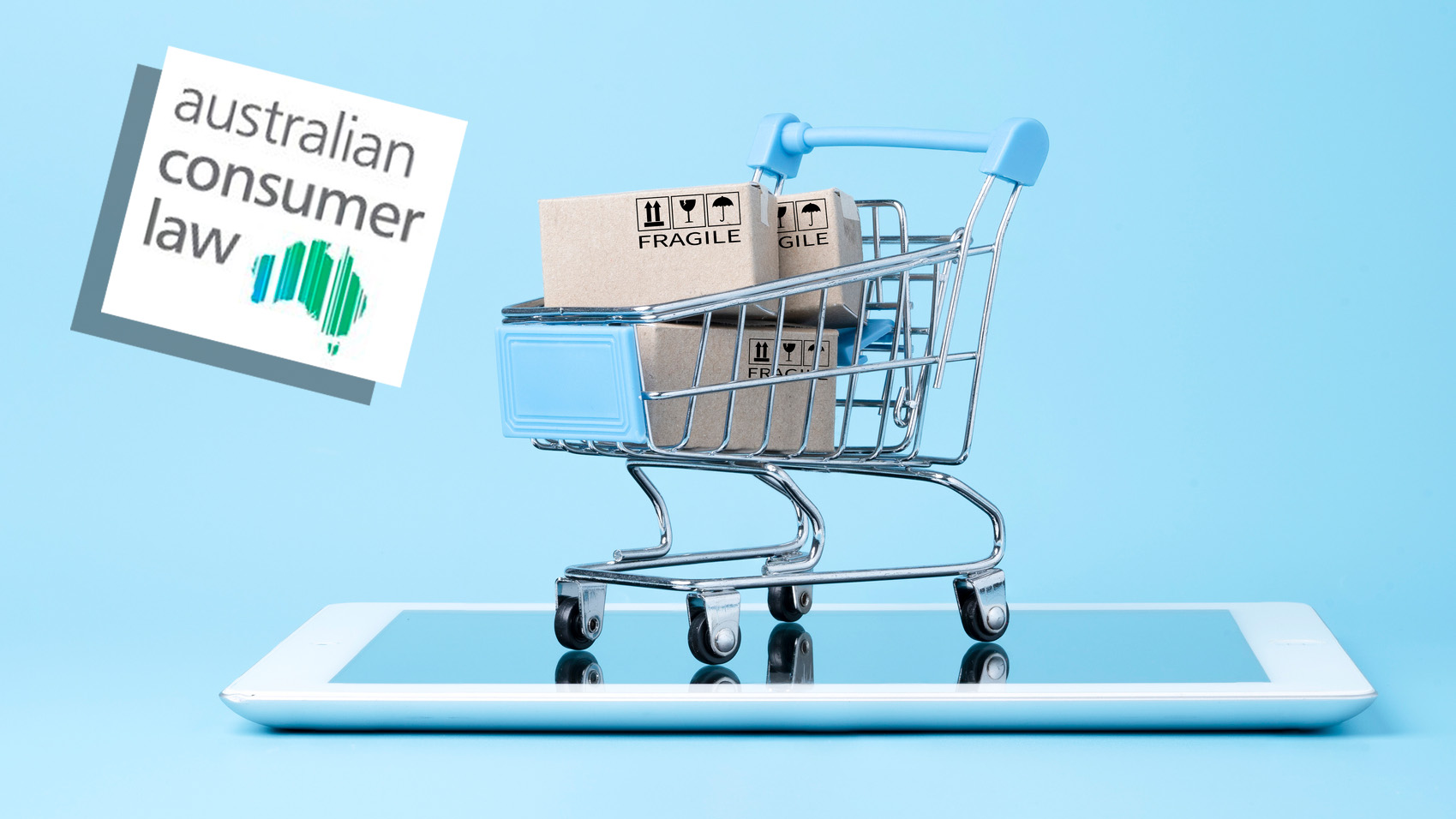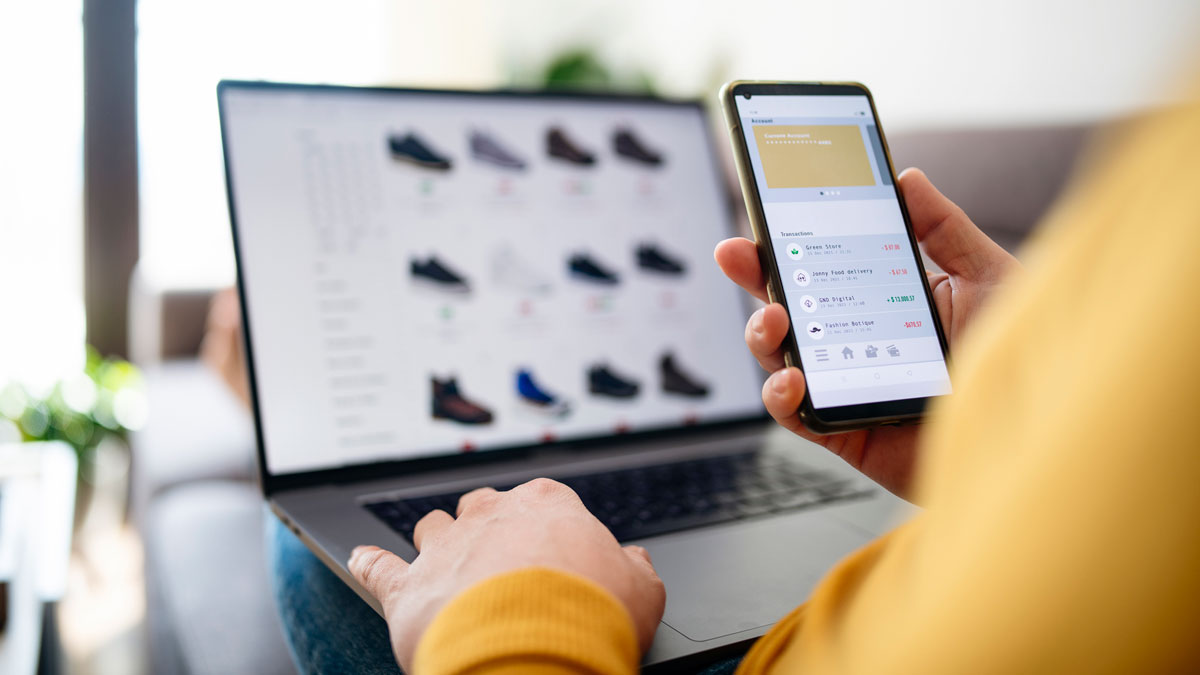Get our independent lab tests, expert reviews and honest advice.
Consumer law and third-party sellers

Need to know
- The Australian Consumer Law theoretically applies in all sales situations, but applying it to the online world can be problematic
- Amazon Australia told one customer it only 'fulfilled' their order and couldn't provide a replacement
- The ACCC acknowledges it may need new tools to enforce consumer guarantees in the case of online sales
Australia’s central piece of consumer rights legislation – the Australian Consumer Law (ACL) – says customers are entitled to their choice of a repair, replacement or refund in the case of a major fault.
Plain and simple enough – but are retailers off the hook if the product originated from a third-party vendor, with the online marketplace merely acting as a middleman?
It’s an area where the application of existing consumer guarantees can depend on a number of variables.
“If customers buy a product online they are entitled to the same rights to a repair, replacement or refund as if they bought from a bricks and mortar store,” an ACCC spokesperson tells CHOICE.
But then it gets trickier.
“Whether an online platform or the third-party seller is responsible for providing an ACL consumer guarantees remedy to a consumer in any specific instance will vary depending on the circumstances of the transaction,” the spokesperson adds.
Amazon: we only ‘fulfilled’ the order
One consumer we heard from recently through our CHOICE Community forum tried to have a faulty pair of headphones replaced by Amazon.
The Amazon customer service rep told them, “As the item is sold by a third-party seller and only fulfilled by Amazon, we unfortunately do not have access to seller’s inventory, therefore cannot promise a replacement.”
They are willing to sell the item but then fend you off to the manufacturer when a problem occurs
The Community member tells us, “I do have a problem with Amazon in that they are willing to sell the item but then fend you off to the manufacturer when a problem occurs.”
“I’m not sure this is legal per the ACL but it probably relies on the definition of Amazon as seller or facilitator. Can they legally avoid the ACL [if they’re a facilitator]? It’s Amazon that took my money, not the manufacturer after all.”
Amazon offered the customer a refund, but as the price of the headphones had gone up, the customer told Amazon they’d prefer a replacement. Amazon said it couldn’t give them one.
A franchise within a franchise
The same question about ACL obligations can also arise in traditional bricks-and-mortar stores.
A CHOICE member tried to return a faulty $1150 laptop to a Harvey Norman store, but was told by customer services that the item was sold by an independent franchise operating within the store, and that Harvey Norman wasn’t responsible for any refunds or replacements.
“He then went on to say that I was Lenovo’s [the laptop maker] customer, not Harvey Norman’s, and the matter should therefore be addressed to them,” the member tells us.
Yet the sales receipt said Harvey Norman, not Lenovo.
“It clearly shows a blurring of accountability and lack of awareness of consumer law,” the member adds.
Repair, replace or refund
According to the ACCC, online businesses must “give you automatic guarantees with the right to ask for a repair, replacement, refund, cancellation or compensation as appropriate if there is a problem”.
Amazon Australia
For Amazon Australia, the deciding factor seems to be who actually shipped the product. Its returns policy says that in cases where customers buy “from a seller that fulfills and ships its own inventory [i.e. a third-party seller] … any returns will be in accordance with the returns policy set by that seller”, not by Amazon Australia.
Harvey Norman
Harvey Norman’s online refund policy lacks any such caveats about third-party sellers, but its bricks-and-mortar policy says your rights depend on who’s running the store: “As Harvey Norman stores are operated by independent franchisees, these policies may vary between Harvey Norman stores.”
It clearly shows a blurring of accountability and lack of awareness of consumer law
Facebook Marketplace
Amazon doesn’t take responsibility for the actions of third-party sellers that feature on its website, but another major platform, Facebook Marketplace, does give some reassurances.
Facebook instructs buyers to take up any returns or refund issues directly with the seller, but adds that it will accept such requests if the seller doesn’t respond within two working days.
On the downside, the ACL doesn’t apply to the kinds of private sales that occur on Facebook Marketplace, unless the seller is a business.

Amazon AU vs Amazon US
The ways Amazon appears to pass the buck can take many forms. We also heard from a consumer in Tasmania on CHOICE Community who bought a book from Amazon Australia that had printing errors. Amazon Australia told them they were entitled to a refund, but first they had to print out a return label and drop it off at an Amazon return site so Amazon Australia could send it back to Amazon US.
“So do you think they’ve got any return sites in Tasmania? Nope,” the customer says. “And if you live on the mainland, there’s a good chance there aren’t any near you either, unless you live in one of a handful of heavily populated areas around the country. The only way I could get the book to the return site was to fork out for the postage.”
The ACCC considers that [online marketplaces] can and should do more to help protect consumers who use their platforms
ACCC spokesperson
Meeting the challenges of digital markets
The enforcement of consumer guarantees across the entire range of online sellers remains challenging, a fact that then ACCC chair Rob Sims acknowledged in a speech in August 2021.
After citing a number of actions against digital platforms taken by the regulator, Sims said “we are considering whether our toolkit needs strengthening”, adding that “there is growing recognition among relevant authorities that existing regulatory frameworks and merger law have not held up well to the challenges posed by digital markets”.
The ACCC spokesperson we spoke to in April this year says Amazon and others have work to do as well.
“Given the role online marketplaces play in transactions between consumers and third-party sellers on their platforms, the ACCC considers that they can and should do more to help protect consumers who use their platforms,” the spokesperson said.
Have you been denied your rights?
The online selling environment is complicated and the prevalence of third-party providers means consumer law may not apply in every case, but your rights under the ACL remain as a matter of principle.
Have you had a request for a refund, repair or replacement knocked back after experiencing a major fault? Get in touch at newstips@choice.com.au





